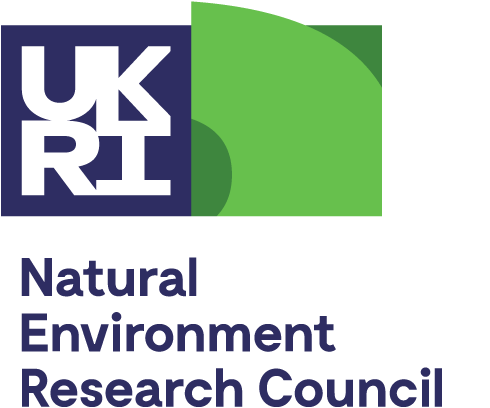If you have secured funding from NERC
Scientists who have secured science funding from NERC can apply to NERC for access to its research ships and marine equipment. Under these arrangements the only cost that is payable by the scientist is the cost of all technician and equipment support.
Such access to NERC’s marine facilities will only be provided to science that is of international quality (science that has been graded seven or higher). For more information on including use of marine facilities in a NERC funding application, please see the Grants Handbook.
If you have secured funding from a non-NERC peer-reviewed source
Scientists who have secured science funding from a non-NERC peer-reviewed source (such as the EU or National Science Foundation) or from commissioned research, can also apply to NERC for access to its research ships and marine equipment. The costs associated with such requests should in the first instance be discussed with NERC Marine Planning.
Ask a question about Marine Planning
Email: natalie.powney@nerc.ukri.org
If you have secured funding from a non-peer reviewed source
A two-page science case should be submitted to NERC so that arrangements can be made for it to be reviewed by the most appropriate members of NERC’s Peer Review College to ensure that the proposed science is of international quality.
Application for ship time and marine equipment
All scientists bidding for free at the point of use access to any of NERC’s marine facilities are required to submit an online Ship-time and Marine Equipment (SME) application form to NERC by creating a cruise profile on the Marine Facilities Planning website.
Find out more about applying to use NERC’s marine facilities.
The chief scientists’ role
The chief scientist on the SME can be different from the principal investigator on any associated grant application, recognising the importance of the chief scientist role.
Guidelines have been developed to provide a clear indication of the expectations that NERC has of anyone undertaking the role of the chief scientist.
View guidance notes and guidelines for chief scientists.
Marine facilities budget
The NERC marine facilities programmes are developed within the limits of affordability.
For National Marine Facilities, the infrastructure allocation from NERC will allow it to support the NERC marine facilities programmes. But National Marine Facilities will only be able to support a limited number of high load activities in any one year. These high load activities include, for example seismic and giant piston coring cruises.
The RV Prince Madog, operated by Prince Madog Offshore Services, is run on a pay as you go basis as a recognised NERC facility, whereby all costs are covered by funding secured by the researcher.


